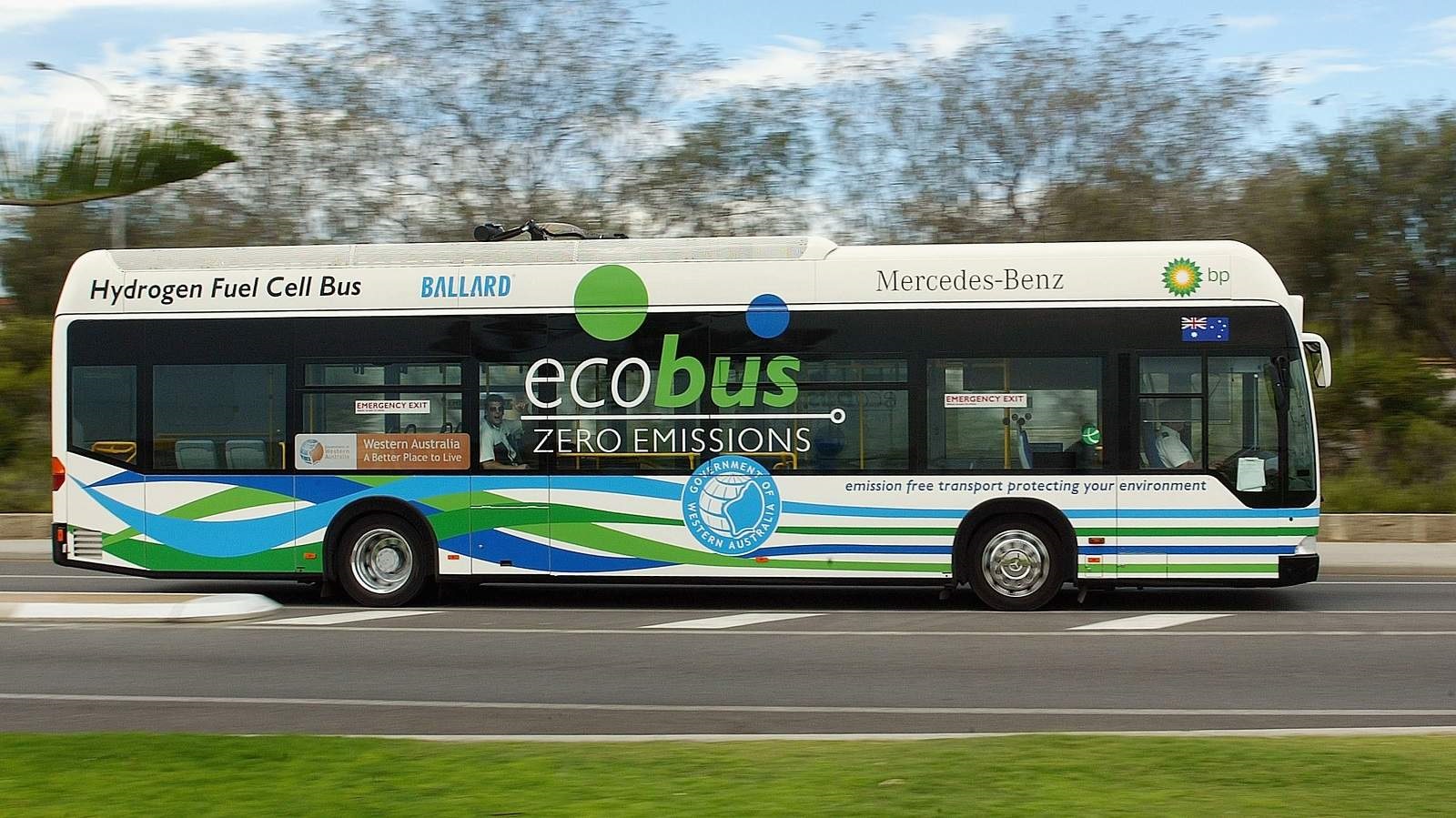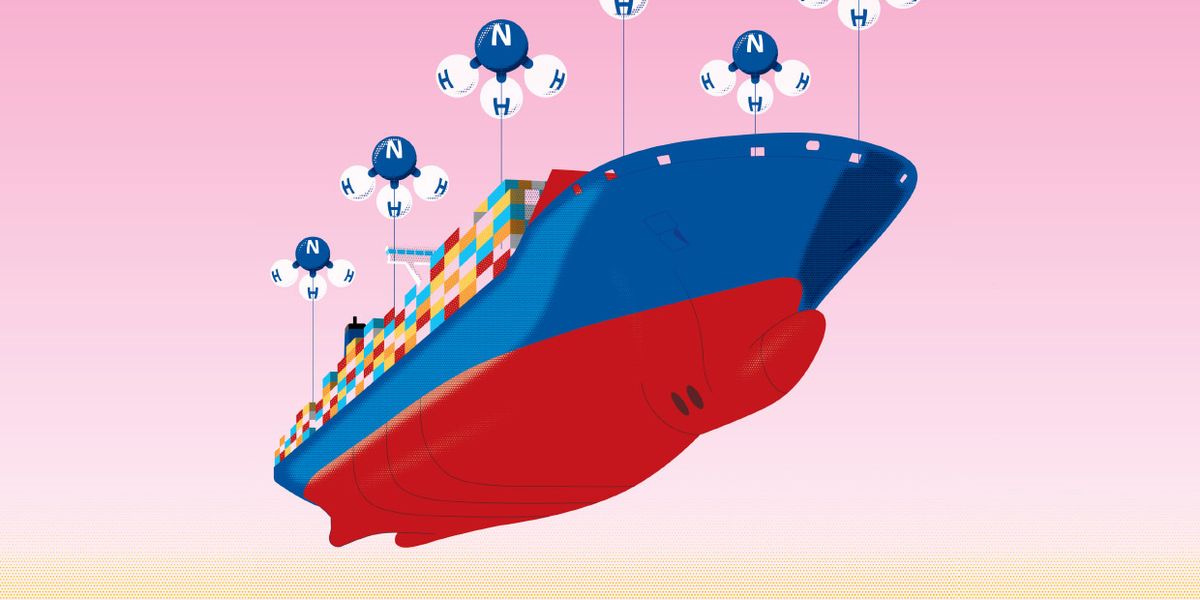The ADF is likely to adopt alternative fueled vehicles much slower than civilian market. Not just electric cars, but natural gas powered ships, etc. You really do want to keep at least 1 local refinery. Refineries also produce other products other than fuel, such as oils, various petroleum based products, including much of the industrial chemistry. Things you might need for rocket motors, or explosives, etc.Further roll out (pardon pun) of community usage of alternately powered vehicles, will also reduce competition the ADF would experience of any constrained fuel supply.
Strategic resilience imperative, methinks.
As more and more electric vehicles enter the market, there will be smaller and smaller commercial storage of fuels. I actually see electric vehicles as a big strategic win. Currently we are very dependent on very rare oil, that mostly comes from a fairly unstable region, which we have to ship to Australia. Australia has plenty of renewable energy, good luck blocking out the sun and stopping the wind.
It may be worth looking into a small coal to diesel capacity on the east coast. As well as biofuel options.
Chile has been buying smart. The mix of Dutch/UK/Aussie stuff is a good mix. Hulls aren't completely ancient, and were widely thought of the more capable of their type. Its entirely in Australia's interest to help Chile have a long ranged Navy capability. Their our most capable and nearest east coast power.
Having a nation that regularly and happily buys 2nd hand hulls from Australia also speaks volumes about Australia and any assets they may look at disposing.
Increasing capacity at tindal is not impossible and a large land based fuel storage is better, cheaper than trying to keep it on a ship. But as Alexsa pointed out it runs into issues of shelf life, moisture, etc. Again, better is a dry area than a coastal one.




